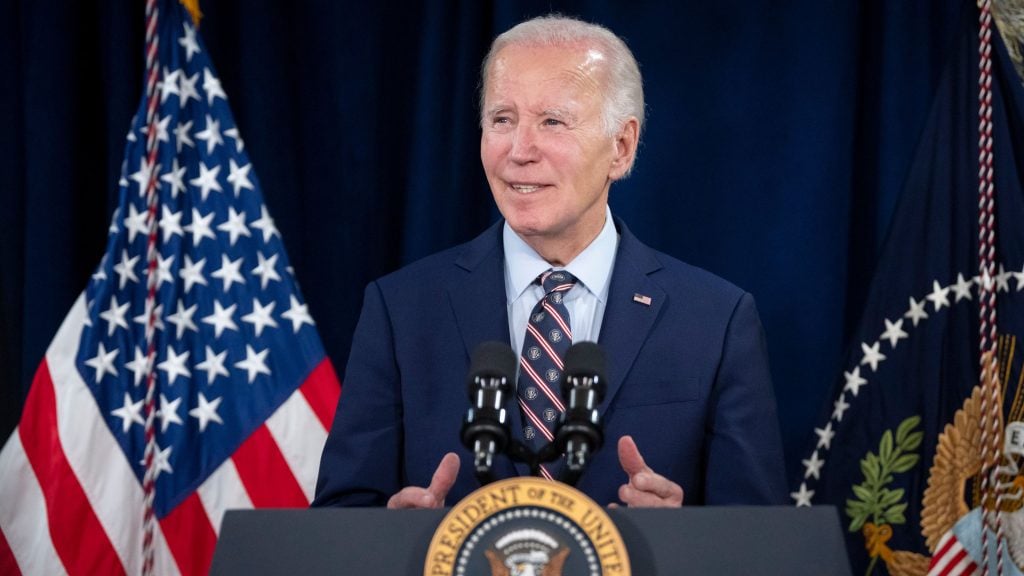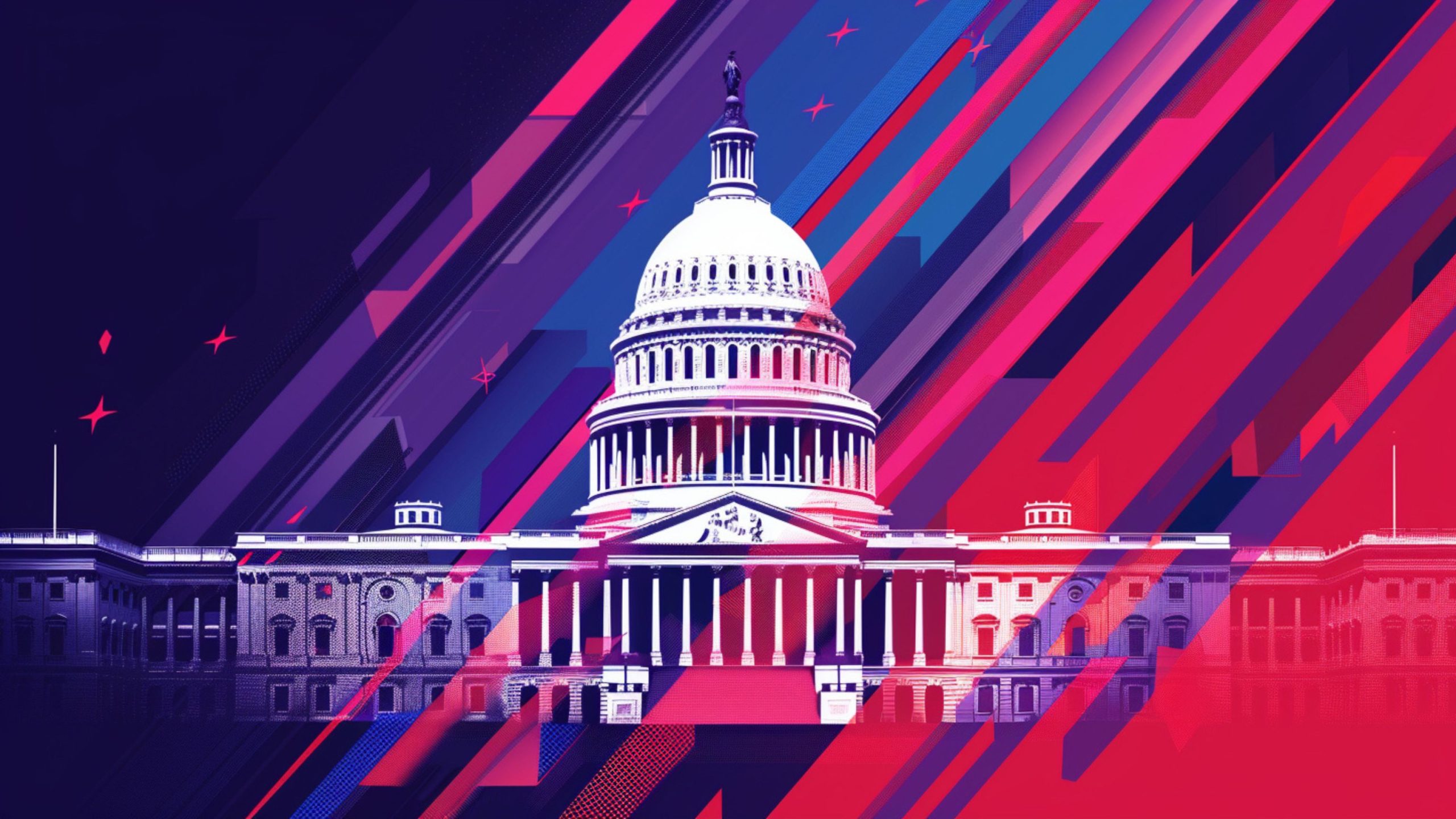

Attorneys general from 32 jurisdictions — including 31 states and the District of Columbia — have signed an open letter urging Congress to pass the Kids Online Safety Act (KOSA) before the looming conclusion of the current session early next year. This legislation, although primarily aimed at protecting minors from digital harms, introduces significant implications for online privacy and freedom of speech through proposed mechanisms for age verification and potential censorship.
We obtained a copy of the letter for you here.
KOSA itself doesn't mandate direct implementation of online age verification but tasks the Secretary of Commerce, along with the FTC and FCC, with exploring "options for developing systems to verify age at the device or operating system level." This move toward digital identification could fundamentally alter the landscape of internet privacy, linking social media accounts and other online activities directly to real-world identities.
The bill also includes provisions that intensify censorship concerns. Specifically, it empowers the FTC to investigate and potentially prosecute against websites hosting content considered "harming" minors. This broad criterion raises alarms about subjective censorship, potentially stifling free speech under the guise of protecting children.
…

Become a Member and Keep Reading…
Reclaim your digital freedom. Get the latest on censorship, cancel culture, and surveillance, and learn how to fight back.
Already a supporter? Sign In.